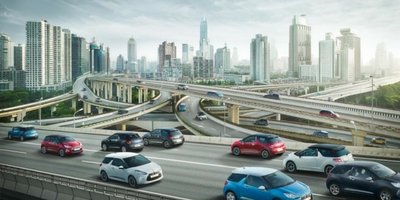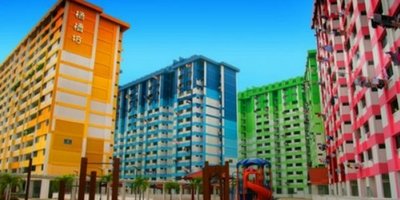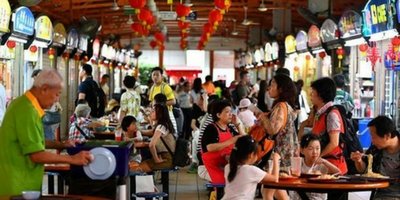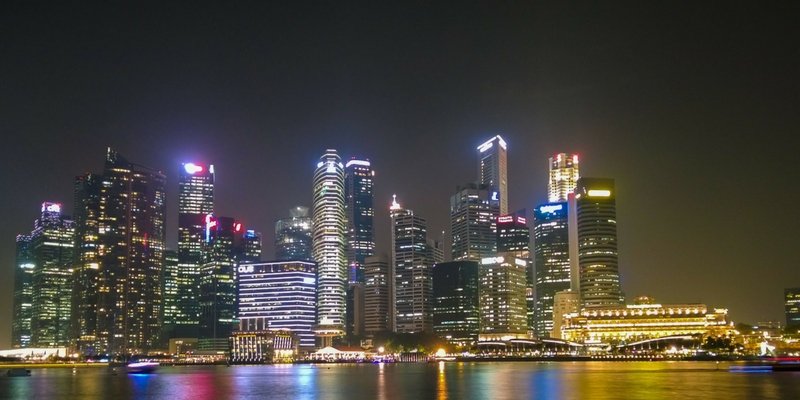The Economist’s Intelligence Unit recently published its list – Worldwide Cost of Living Survey 2018 – of world’s most expensive city, and once again Singapore has landed on top, for a remarkable fifth year running. Notably, the survey compares more than 400 individual prices across over 150 products and services in 133 cities twice a year.
This oft-repeated news for most Singaporeans that they live in the world’s most expensive city is hardly a surprise now. But while its true that the cost of living has certainly risen in the city-state, just how pricey Singapore is, remains the subject of much debate, and depends on what you’re comparing.
A case in point is what former finance minister Tharman Shanmugaratnam said in his budget speech few years back, when he noted that these cost of living reports are primarily aimed at comparing the living costs for expatriates and do not reflect those of local residents.
If you are looking at a particular basket of goods and services including best seats in a theatre, extravagant meals in fancy restaurants, car ownerships and condominium rents – something which doesn’t affect much of the Singapore’s resident population – the country does seem a little expensive.
And this is what The Economist editors seem to be doing, repeatedly, it seems.
According to them, Singapore is the priciest place in the world to buy and run a car, as well as the third most expensive place to buy clothes. In contrast, the report says, the country offers relative good value in getting domestic help, household goods and personal care.
Car is pricey, but not many own it

Also, cars tend to be more expensive in Singapore because of higher land costs for dealerships and the smaller volume sold.
But some will argue that this is necessary in a country with limited space, where the need to limit traffic and pollution is paramount. And to give credit where its due, Singaporeans can be proud of a world-class public transport network, which is also very affordable. And if you need it, hiring a taxi or an Uber, doesn’t make a large dent in your wallet unlike in some western cities.
As a consequence, only about 15 percent of Singaporeans own a car.
So take this – car ownership – measure out of The Economist report and Singapore doesn’t seem that expensive after all.
Rents and homeownership

What’s more, Singaporeans can draw on their mandatory retirement savings (provident fund) to pay for their HDBs; thereby reducing the financial burden on monthly expenses.
Expatriates don’t have access to that, and since The Economist is specifically targeting them in its report, its conclusion is that home ownership is expensive.
Food is inexpensive

Related Article: The digital capital of Asia
Other reports
That why it makes sense to highlight few other reports, which take into consideration the above-mentioned points, and illustrate a more realistic and closer-to-resident-Singapore-population index.
One such is a study by the Asia Competitiveness Institute (ACI), which ranked Singapore 60th in terms of living costs. This study took into account the several subsidies that a Singapore resident enjoys in housing, healthcare and education.
Another by the National University of Singapore’s (NUS) Lee Kuan Yew School for Public Policy found that while Singapore may be the fourth most expensive city for expats, it drops down to the 48th place for ordinary residents.
Even the pricey nature of Singapore for expats is up for debate as indicated by the latest Cost of Living Survey 2017 by the Employment Conditions Abroad (ECA) International. They have listed the city-state at no. 21, which is a drop of five places from 2016. To give this a perspective, ECA International provides data on cost of living for international assignees in over 400 locations worldwide.
Conclusion
So in summary, the city-state can be pricey or inexpensive, depending on what measures you adopt and what target audience the report is meant for. But unless you’re living the expat life in Asia’s playground, it’s really quite affordable here in Singapore.
Let us help you navigate the EntrePass application process
Liaise with a dedicated specialist who will guide you through your EntrePass application and the drafting of your business plan. We are a licensed employment agency registered with the Ministry of Manpower and the Official Corporate Services Partner of ACE. Our reliable guidance and high success rate comes with 20 years of experience. Secure your EntrePass with us.

Rikvin’s content team includes in-house and freelance writers across the globe who contribute informative and trending articles to guide aspiring entrepreneurs in taking their business to the next level in Asia.


